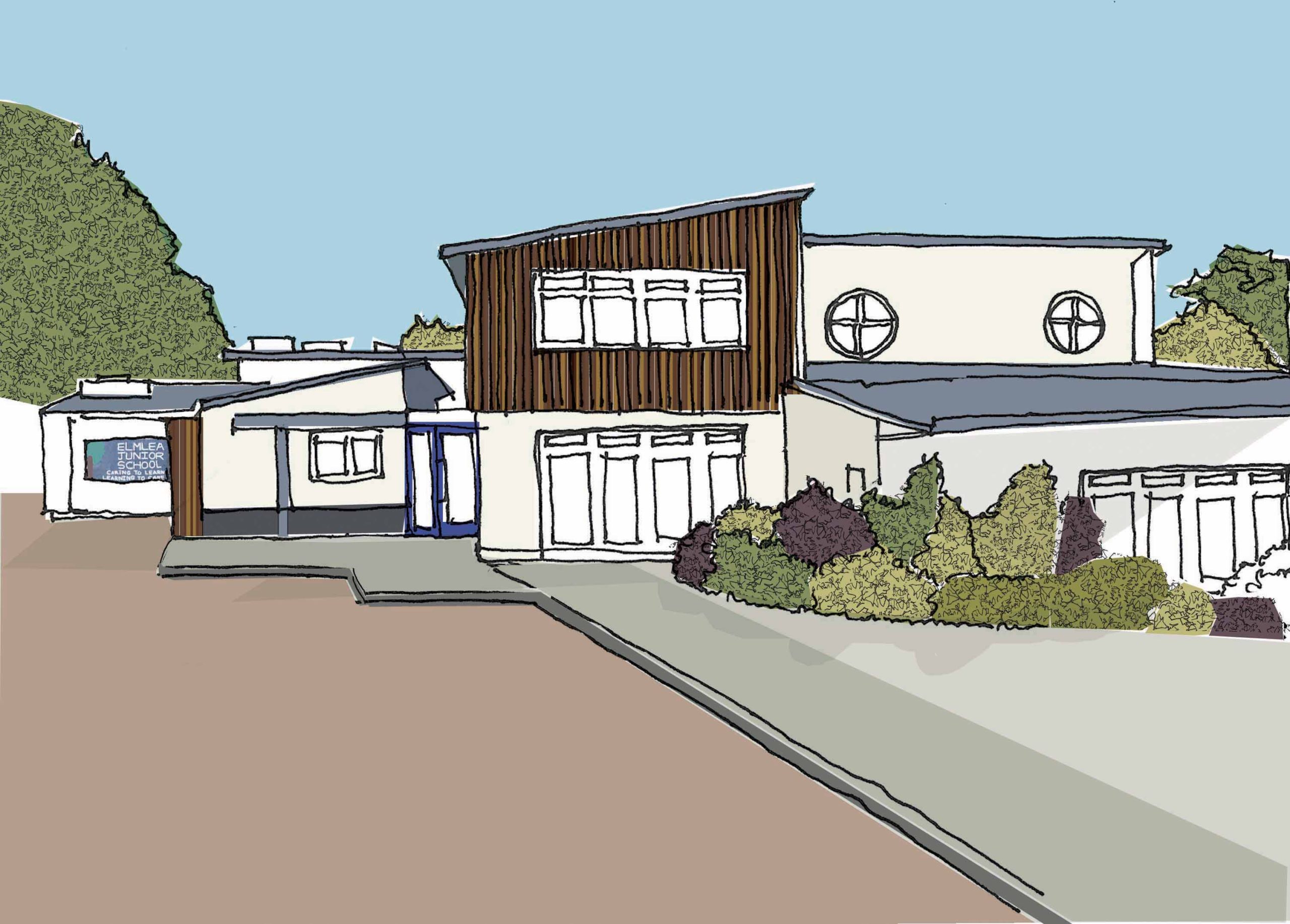Religion and World Views

“Through their study of worldviews, pupils should develop a lifelong motivation to enquire into
questions of meaning and purpose, and investigate others’ worldviews and what they mean for
individuals, communities and society. All of this will enable them to become responsible citizens and
members of diverse and changing local, national and global communities.”
Commission on RE report 2017
Intent
We strive – through our Religion and Worldviews curriculum, Collective Worship offering and
enrichment activities – to broaden our pupils’ awareness and understanding of different faiths and
belief systems. We are fortunate to be based in the city of Bristol with diverse and vibrant
communities that we can learn from and about. The Junior school was awarded the WIRE (Widening
Inclusivity in Religious Education) Award in 2019 and is currently working towards the WIRE Gold
Award. The Infant school is currently working towards the WIRE Award. More information can be
found here.
Implementation/Learning Journey
In Reception, children’s learning experiences are centred around their class and year group
communities. Pupils reflect on the beliefs and practices of people they know and start to explore
what is important to them and their families. This is linked to the Early Years Foundation Stage
curriculum and pupils work towards Early Learning Goals within Personal, Social, Emotional
Development and Understanding the World. In Key Stage 1 (Years 1&2), we focus on the three
Abrahamic religions: Christianity, Judaism and Islam. However, there are times when aspects of
other religions and worldviews are explored e.g. the Hindu festival of Diwali.
Throughout the Infant school, parents and staff members from a range of religious and non-religious
backgrounds are invited in to speak to the children in class or assemblies to share their own lived
experiences and personal practices, for example how and why they fast during Ramadan. Our
Religion and Worldviews lessons are creative and interactive, with a range of stimuli including
stories, artefacts and persona dolls. During their time in the Infant school pupils have the
opportunity to visit some local places of worship, for example the local Baptist church.
The curriculum for Religion and Worldviews at Key Stage 2 is based on the Locally Agreed Syllabus
for Bristol, Awareness, Mystery, Value http://www.awarenessmysteryvalue.org/ which is then
personalised for our school. Some of the units of learning created have been used as part of national
projects (RE-Live and Big Ideas).
Year 3 begin with the unit ‘What’s important to me? which widens the pupils’ awareness of a range
of different religions and worldviews that people might follow as well as encouraging pupils to
reflect on their own beliefs. Each year, pupils focus on a specific religion for one of their units. In
Years 3 and 4, pupils study Hinduism and Sikhism for the first time; in Years 5 and 6, pupils revisit
Islam and Judaism in more detail, building on their learning from Key Stage 1. Across Key Stage 2,
pupils also study the non-religious worldviews of Humanism and Buddhism. Where meaningful links
can be made, units are embedded within our wider topics (e.g. Splash! and Bristol – Our City). Other
units are ‘stand-alone’ and look at two or more religions and worldviews in relation to an enquiry
question e.g. What do people believe about life?
In Years 1 & 2, Religion and Worldviews is taught weekly by the HLTA (Higher Level teaching
Assistant) assigned to each class. The curriculum is based on the ‘Discovery RE’ scheme and has been
adapted and personalised to suit our setting. The lessons are taught as ‘stand-alone’ units of work,
separate from the class topic. Key vocabulary (Rainbow and Curiosity Words) for each unit of work is
introduced at the start of each lesson and referred to throughout the term. These words support
pupils to use the language and ideas of religions to explain their understanding.
In Years 3 to 6, Religion and Worldviews is usually taught weekly by the class teacher. Key vocabulary
is introduced at the start of each lesson and reinforced during the unit through quizzes and displays.
Lesson plans, resources and activities are differentiated so that all pupils can access the curriculum.
Enrichment
In addition to our curriculum lessons, pupils’ learning is enriched with workshops in school and visits
to places of worship as we make connections with the wider and more diverse community of Bristol
as a whole. We work closely with local groups including Westbury Baptist church, Encountering
Christianity, Bristol Humanists, Bristol Muslim Cultural Society, Bristol and West Progressive Jewish
Congregation and the Siri Guru Singh Sabha Gurdwara. A range of speakers from the local
community talk to the children in assemblies throughout the year. Every year, pupils take in the
national ‘Spirted Arts’ competition and the Westbury Advent Trail.
Collective Worship and Assemblies
Across the Trust, we follow weekly themes for our daily assemblies led by teachers and visitors from
the local community. These promote our school values, British Values and Golden Rules. We explore
significant people and events from the past and present, including a diverse range of religious
festivals. Through these sessions, pupils at Elmlea celebrate diversity and broaden their
understanding and appreciation of the beliefs and lived experiences of others. Our visiting speakers
often comment on the respect and excellent participation our pupils show during these sessions. In
the Junior School, children also meet in cross-year group Houses for an assembly each term. We
acknowledge and celebrate key religious celebrations throughout the year in our weekly Trust
Newsletters.
Religion and Worldviews is provided for all pupils, and is inclusive and broad-minded. Parents do
have the right to withdraw pupils from Religion and Worldviews: if they wish to do this, they must
make an appointment with the head teacher and curriculum leader to discuss alternative provision.
